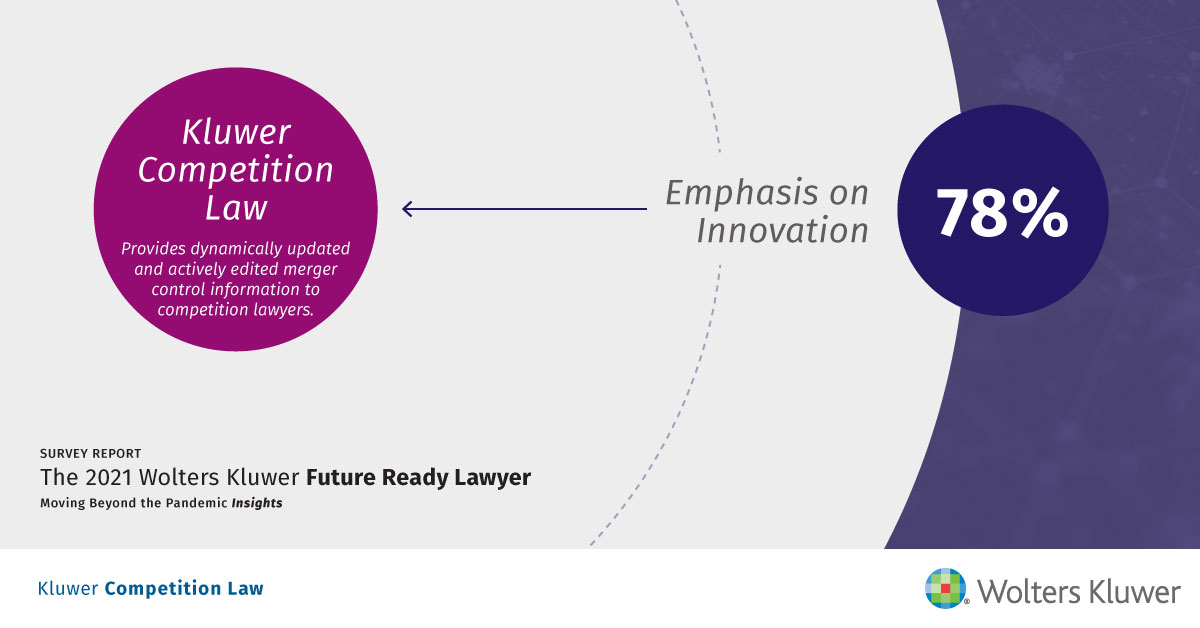California’s AB 3129: A New Hurdle for Private Equity Health Care Transactions on the Horizon?
Parties involved in or considering health care transactions in California have been focused on navigating the new rules set by California’s Office of Health Care Affordability (OHCA),[1] and newly proposed legislation could present additional challenges in consummating certain health care transactions, particularly those involving private equity. Introduced in February 2024, California’s Assembly Bill 3129 seeks to curb consolidation in the health care industry allegedly driven by private equity firms and hedge funds. As summarized in greater detail below, the bill would require that these parties obtain prior written consent from California’s Attorney General (AG) before an acquisition or change of control of many types of health care businesses and assets.
Context and Legislative History
If enacted, the law would impact transactions entered into on or after January 1, 2025. However, passage of the proposed legislation is by no means guaranteed. AB 3129 must pass out of the Judiciary Committee and survive an Assembly vote before moving through an analogous process in the California Senate. All of this must occur before the legislative session closes at the end of August.
Putting aside the creation of OHCA through the passage of SB 184 in 2022, previous bills that have similarly attempted to regulate health care consolidation, such as AB 2080 (the Health Care Consolidation and Contracting Fairness Act of 2022), have not passed. However, AB 2080 proposed a wider scope of entities and transactions requiring AG consent, and would have gone further to ban numerous provisions in health care agreements deemed to be anticompetitive. Members of the California legislature could be more amenable to AB 3129’s narrower scope.
The ultimate fate of AB 3129 will be clearer by early July, when the legislature is tasked with passing this year’s budget bill before the start of its summer recess.
Who Would Be Required to File and Obtain Approval from the State?
The bill targets “private equity groups” and “hedge funds” that directly or indirectly acquire a material amount of, or establish a change in governance or sharing of control over, health care assets. The change of control can occur through a wide range of arrangements, including partnerships and joint ventures.
Private equity groups are defined to include any “investor or group of investors who engage in the raising or returning of capital and who invests, develops, or disposes of specified assets,” while hedge funds include any pool of funds managed by investors, including private limited partnerships, to earn investment returns. These definitions as currently drafted appear to cover a wide range of investment strategies and approaches, including venture capital investments.
Which Health Care Assets are Covered?
AB 3129’s prior approval requirement would apply when the aforementioned investors acquire control of a health care facility or provider group doing at least a “substantial part” of their business in California. The bill broadly defines “health care facility” to include any “nonprofit or for-profit corporation, institution, clinic, place, or building where health-related physician, surgery, or laboratory services are provided,” such as inpatient and outpatient centers, long-term care facilities, and even labs. Covered provider groups include all groups of 10 or more licensed health professionals (LHPs) or groups of 2-9 LHPs with $10 million or more in annual revenue.
Private equity groups and hedge funds that enter into an otherwise covered transaction with providers consisting of 2-9 LHPs that earn between $4 and $10 million in annual revenue would be required to notify the AG, but the transaction is not subject to approval. The same is true for groups of 2 or more nonphysician LHPs that earn more than $4 million annually.
While not expressly contemplated by the bill text, certain health care entity structures may also fall under the scope of AB 3129, depending on operational details. For example, Program of All-Inclusive Care for the Elderly (PACE) organizations, which under Medicare and Medicaid provide comprehensive health care services to elderly patients, could fall within the definition of health care facility due to the requirement that they operate at least one care center offering primary care services. It remains to be seen whether the legislative text will be modified further to clarify whether more specific health care lines of business are included within the scope of the law.
Filing Timing & Burden
Parties engaging in covered transactions would be required to file an application for AG approval at the same time as any other state or federal transaction notifications, or otherwise at least 90 days prior to the change of control. These concurrent notifications include the recently enacted cost and market impact review (CMIR) reporting regime administered by OHCA and the federal HSR filing, and any other pre-transaction notification requirements applicable to the health care asset.
The exact form of the filing and list of required information and documentation is not yet delineated, but minimally would require sufficient information for the AG to assess whether the transaction may have anticompetitive effects or significantly affect access to health care, and is generally in the public interest. The AG may request supplemental information and may impose a corresponding additional 45-day waiting period, and may deny or impose conditions on the proposed transaction following its review.
Failing Firm Exemption
In keeping with the stated goal to improve health care access and competition, the bill provides an exemption from the necessary notice and approval where the health care asset is financially unviable without the transaction. A party may apply for a waiver only if 1) the asset’s costs have exceeded its revenue for the previous three years or it cannot meet its debts, and 2) there is a substantial risk of immediate failure or bankruptcy.
Friendly PC and CPOM Implications
Additionally, the proposed legislation would have a significant impact on a contracting structure many PE and other investors and stakeholders utilize to carry out investments while navigating California’s prohibition on the corporate practice of medicine (CPOM)—the “Friendly PC-MSO Model.” This model can take different forms, but essentially involves a PE or lay person-controlled management services organization (MSO) contracting to perform administrative services for a health care practice in return for a management fee, while also having certain rights regarding the ability to designate successor ownership of the practice upon the occurrence of certain triggering events. As currently drafted, § 1190.40(b) of the bill could render the Friendly PC-MSO Model unviable (or at least more difficult to employ) by prohibiting any physician practice from contracting with any entity controlled “by a private equity group or hedge fund in which that private equity group or hedge fund manages any of the affairs of the physician…practice in exchange for a fee.”
Planning Ahead
While the passage of AB 3129—and its final form—are far from certain, parties contemplating affected transactions should begin factoring potential enactment into their timelines. Investor consolidation of health care assets has been a hot topic among state and federal enforcement agencies alike,[2] and there is good reason to believe that should AB 3129 be enacted, California would scrutinize all required filings closely.
FOOTNOTES
[1] See our blog series on SB 184, OHCA and its CMIR regulations, available at:
- California Office of Health Care Affordability: Another Regulatory Hurdle for California Healthcare M&A Transactions?, published 3/3/23.
- Update from California’s Office of Health Care Affordability (OHCA): Proposed Regulations re Material Change Transactions and Pre-Transaction Review, published 8/3/23.
- Public Workshop for OHCA’s Proposed Regulations Sparks Lively Discussion Among Industry Stakeholders, published 9/7/23.
- OHCA’s Revised Regulations Following Comments from Industry Stakeholders, published 10/24/23.
- OHCA Published Near-Final Draft of Regulations Requiring Notice and Review of Material Healthcare Transactions in 2024, published 12/6/23.
- The Stage is Set: California Finalizes OHCA Regulations Requiring Notice and Review of Material Healthcare Transactions, published 1/2/24.
[2]





